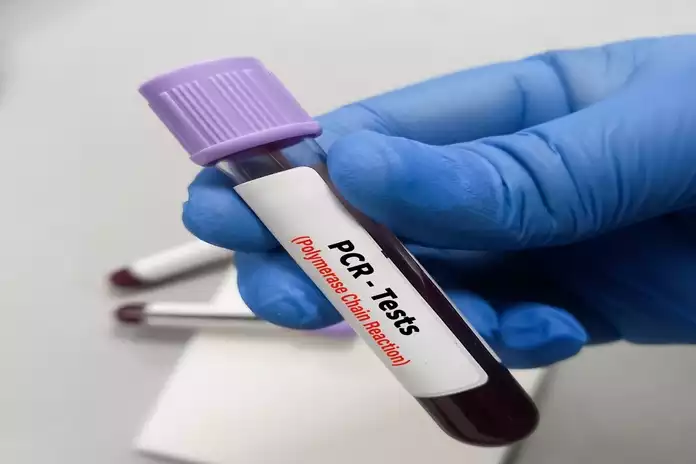Diagnosis of Cold Sores

A diagnosis of cold sores can typically be made based on a physical examination and the characteristic appearance of the sores. However, certain diagnostic tests may be performed to confirm the diagnosis or to rule out other possible causes of the symptoms.
Here are some common diagnostic tests for cold sores:
- Viral culture: A sample of fluid from a cold sore blister is collected and tested for the presence of the herpes simplex virus. This test can help confirm a diagnosis of cold sores.
- Polymerase chain reaction (PCR): This test is used to detect the genetic material of the herpes simplex virus. It can be used to confirm a diagnosis of cold sores or to detect the virus in people who have no symptoms.
- Blood test: A blood test can detect the presence of specific antibodies to the HSV. This can help determine if someone has been exposed to the virus in the past and whether they are at risk of developing cold sores.
- Tzanck test: This test involves scraping a blister to collect cells and then staining the cells to examine under a microscope. The test can detect the presence of the herpes simplex virus, but it is not as reliable as other diagnostic tests.
In conclusion, a diagnosis of cold sores can typically be made based on a physical examination and the characteristic appearance of the sores. However, viral culture, PCR, blood tests, and Tzanck tests may be performed to confirm the diagnosis or to rule out other possible causes of the symptoms. It is important to see a healthcare professional if you suspect you have cold sores or any other medical condition.

